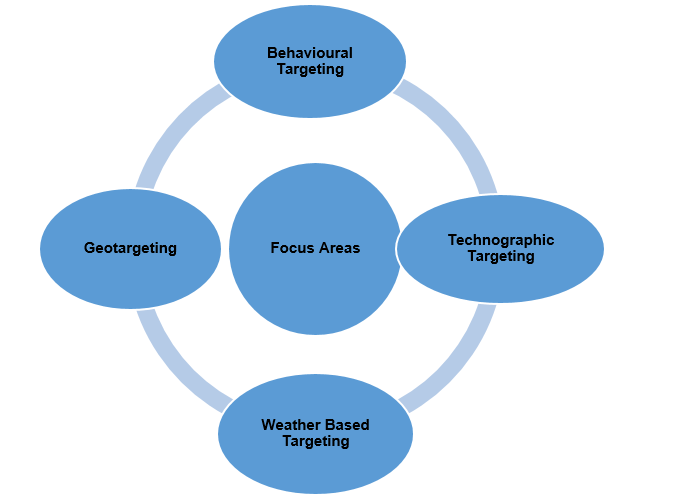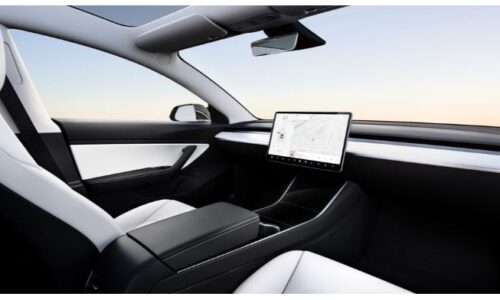Unleashing the Power of Personalization in Travel: Crafting Unforgettable Journeys
- Himanshu Patni
- June 24, 2023
- BLOG, CONSUMER GOODS
- Personalization in Travel, Personalization in Travel Tourism, Travel
- 0 Comments
Overview
One of the main forces behind the growth and development of the world is tourism. Due to the digital transformation, the travel and tourism industry is going through a period of unstoppable growth. Personalization has resulted from the industry’s digital transformation. People travel based on their interests and seek out an experience that is as personalised as possible based on their comfort and preferences.
Based on consumer traits, preferences, behaviours, and specific individual needs, personalization has achieved unparalleled success. This holds true for each stage, including the time spent in the initial contact, lodging, dining, or activity stages.
Access sample report (including graphs, charts, and figures):- https://univdatos.com/report/global-bags-market/
All channels, including email campaigns, specialised apps, specialised portals, phone contacts, and social media, can be personalised. Customers want to feel respected during every transaction with a company when this occurs, customer loyalty is frequently the outcome.
Example
One of the most well-known travel agencies in the world, Airbnb, uses personalization based on artificial intelligence and machine learning. On Airbnb, machine learning-based algorithms offer tailored results based on your individual interests when you search for a specific location. Each search result is based on content that has been altered in the past. This implies that if someone previously searched for hotels with pools, new search results might include options with pools on the first page.
Factors Driving the personalization Travel Market
Focus Areas for Personalization in Travel Industry
Behavioural targeting involves providing customers with pertinent, personalised content and offers based on their recent and previous interactions with the brand. It is segmentation-based and aims to improve customer experience.
Geotargeting is a process in which a company offers and distributes various content based on a visitor’s location.
Targeting based on the various features of the technological device being used is known as technographic targeting. By providing a better customer experience, this includes the hardware, software, and settings that the customer has selected, which can increase conversion rates.
Delivering various messages and promotions in accordance with regional temperatures, levels of rain and snow, wind, etc. is known as “weather-based targeting.”
Conclusion
Companies are updating their travel marketing strategies to attract a fresh group of customers by gathering precise data about the potential client. It makes sense that personalization can do wonders when it comes to giving customers or travellers an experience they will never forget. Those in the travel industry who have understood the value of providing personalization are already riding the wave and reaping the rewards to the fullest.
Author: Divyansh Tiwari




